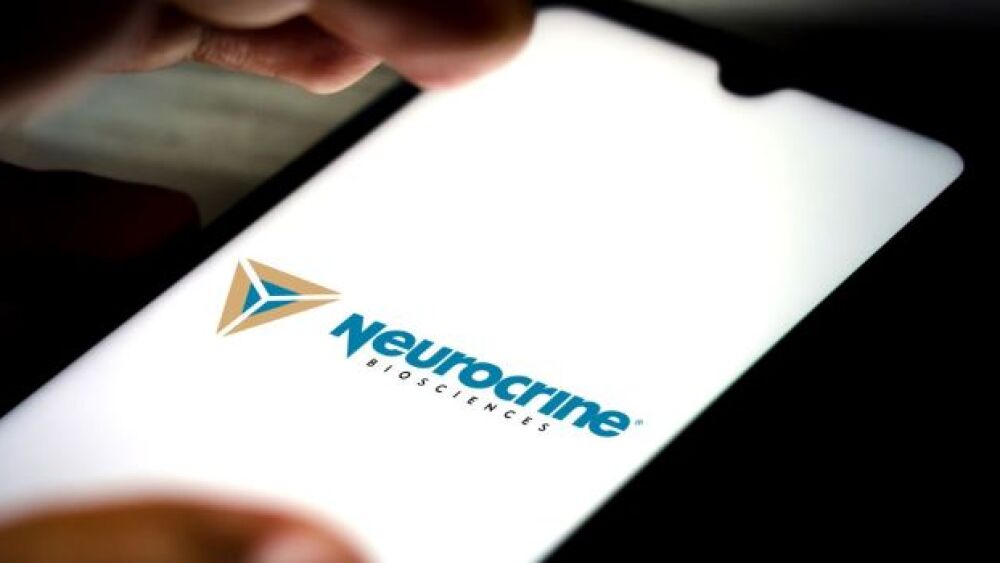Under the strategic collaboration, Neurocrine Biosciences and Sosei Group Corporation will develop and commercialize novel muscarinic receptor agonists to treat the said illnesses.
Rafael Henrique/SOPA Images/LightRocket via Getty Images
Neurocrine Biosciences has partnered with Sosei Group Corporation to develop treatments that would address dementia, schizophrenia, and other types of neuropsychiatric disorders.
Under the strategic collaboration, the companies will develop and commercialize novel muscarinic receptor agonists to treat the said illnesses. Neurocrine Biosciences will gain access to Sosei Heptares’ portfolio of clinical and preclinical subtype-selective M1, M4, and dual M1/M4 receptor agonists. The most advanced among which is the selective M4, HTL-0016878, that is currently being prepped for an Investigational New Drug (IND) application. A placebo-controlled Phase II trial on its potential to treat schizophrenia is also planned for 2022.
“The deal highlights the significant potential value within this portfolio and brings to bear the substantial expertise of the Neurocrine team, which is highly experienced in developing and commercializing novel products for patients with neurological and psychiatric diseases globally. It also enables Sosei Heptares to retain rights in Japan, where we are confident that we can make important progress leveraging our own expertise to advance novel candidates that aim to address this major unmet need,” commented Shinichi Tamura, the president and chief executive officer of Sosei Heptares, in a statement.
Neurocrine Biosciences will pay $100 million to Sosei Heptares upfront, as part of the deal. Sosei will also be eligible to receive around $1.5 billion pending regulatory approval of licensed drug candidates and up to $1.1 billion upon the accomplishment of global milestones, in addition to royalties and future sales. R&D collaboration will be funded by Neurocrine Biosciences. The transaction is expected to be completed by December 31, pending clearances under the Hart-Scott-Rodino Antitrust Improvements Act.
The Neurocrine-Sosei deal is not the only major collaboration agreement that transpired today.
Mirati Therapeutics and Verastem Oncology also announced that they are partnering to develop and advance new medicines for patients who are battling cancer. Their non-exclusive deal will launch a trial to evaluate the effectiveness of combining Mirati’s KRAS G12C inhibitor adagrasib with Verastem’s investigational RAF/MEK inhibitor VS-6766 to address non-small cell lung cancer.
In other news, artificial intelligence firm Baidu is collaborating with biopharmaceutical company Sanofi to integrate the former’s messenger ribonucleic acid (mRNA) design optimization platform called LinearDesign into the latter’s product design pipeline. Sanofi will use the platform to discover and develop mRNA sequences for various therapeutic and preventive purposes. Last week, Sanofi also announced that it is collaborating with Owkin to tap into its AI technology to focus on treatments for four types of cancer.





